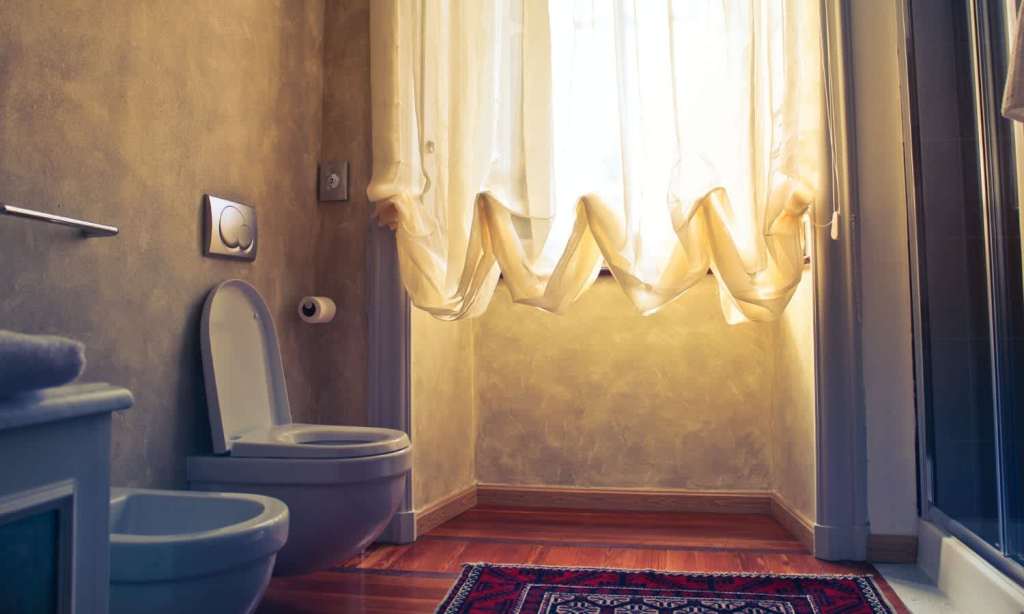A new ‘smart toilet’ developed by researchers at Stanford University can detect disease and illness by analysing your urine and faeces.
The toilet is fitted with technology that can detect disease markers for things like colorectal or urologic cancer, kidney failure and bladder cancer. The technology assesses stools based on physical characteristics, while urine undergoes molecular and physical analysis.
The results of these tests are automatically stored in a secure, cloud-based system and researchers are hoping that this data could one day sink up with official healthcare records.
While there are a number of health trackers — like smartwatches — on the market, it’s easy to forget to wear these every day.
“The thing about a smart toilet, though, is that unlike wearables, you can’t take it off,” said Sanjiv Gambhir, the lead author of the study.
“Everyone uses the bathroom — there’s really no avoiding it — and that enhances its value as a disease-detecting device.”
Should the technology ever make it to mass market, Gambhir envisions that the tool will be able to be fitted straight to a regular toilet.
“It’s sort of like buying a bidet add-on that can be mounted right into your existing toilet,” he said. “And like a bidet, it has little extensions that carry out different purposes.”
In order for the technology to recognise who is using the toilet at the time, Gambhir and his team had to develop an ID system.
“The whole point is to provide precise, individualized health feedback, so we needed to make sure the toilet could discern between users,” Gambhir said.
“To do so, we made a flush lever that reads fingerprints.”
The team soon realised that this had flaws, so instead, they installed a small scanner that recognises each individual’s backside.
“We know it seems weird, but as it turns out, your anal print is unique,” said Gambhir.
But, according to Gambhir, these scans aren’t ever seen by you or your doctor, should your healthcare professional have access to your data.
So far a total of 21 participants have trialled the toilet over a period of a few months, so while we won’t see this technology making its way into our bathrooms anytime soon, it’s pretty damn interesting.
And, the researchers are hoping to expand the number of illnesses that are detected, including COVID-19.
“We are still developing other modules for detecting cancers and COVID-19,” senior researcher, Seung-min Park, told Apartment Therapy via email.
While this technology is undoubtedly revolutionary, it doesn’t replace a doctor.
“By no means is this toilet a replacement for a doctor, or even a diagnosis,” Gambhir said.
“In fact, in many cases, the toilet won’t ever report data to the individual user.”
The future of technology is wild.
The current health crisis is evolving rapidly. If you suspect you or a family member has coronavirus you should call (not visit) your GP or ring the national Coronavirus Health Information Hotline on 1800 020 080.
Read more stories from TheLatch— and follow us on Facebook.

